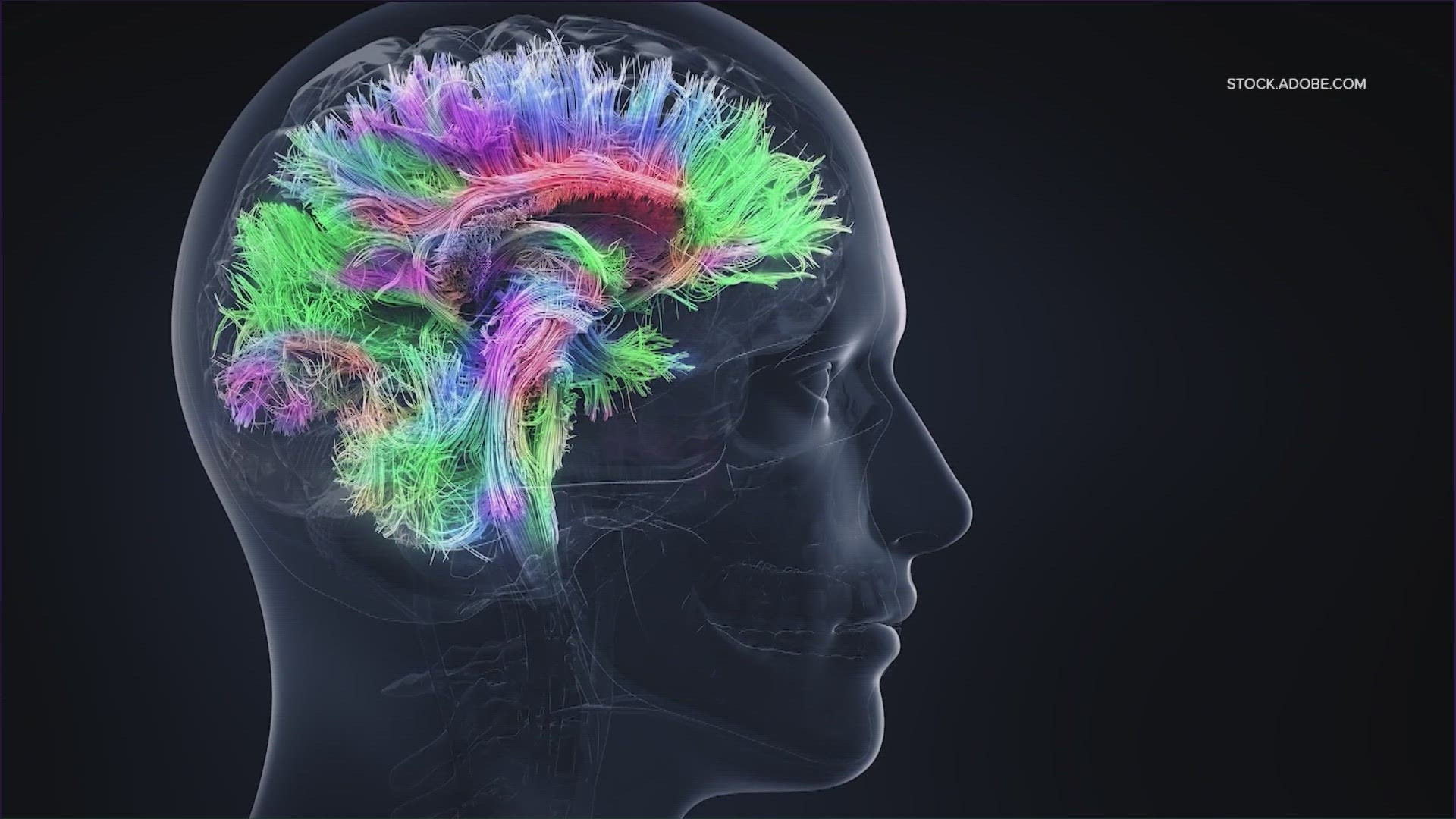Learn about brain health and nootropics to boost brain function
Tips to improve brain health with better screen habits

Excessive screen time and social media consumption has been linked to anxiety, depression and other brain-based issues. AUSTIN, Texas — June is recognized as Brain Health Awareness Month, and everyday activities like social media consumption and excessive screen time have been linked to brain-based issues.
Alex Fink , founder and CEO of Public Benefit Corporation Otherweb , says multiple studies link excessive media consumption to an increased risk of depression, anxiety, loneliness and insomnia. Whether it’s endlessly scrolling through social media posts or staring into bright screens, media overload is hurting the brain and mental health.
“Over time, you start talking to people, they start talking about things like gaps in their day, They start talking about spending excessive amounts of time and not knowing why or not remembering what it is that they did during this time. You see people becoming more irritable, more nervous, more agitated over time. I think these are all the effects of addiction, whether it’s addiction to a drug or to social media, which acts as a kind of a drug,” said Fink. Related Articles
Fink says there are solutions to improving screen health, including being mindful of the content you’re interacting with. Also, plan how much time you want to spend consuming content that may not be necessary for your family or work life.
“Try to divide the time in your head. Like if you’re going to spend 2 hours a day consuming content, how much of that should be books? How much of those should be news? How much of that should be checking on your friends and what they’re up to? If you have this plan in your head and you try to stick to it and you try to control where you’re consuming content, what it is that you’re consuming, next, chances are your diet will end up being much better than it would otherwise have been,” stated Fink.
For children to beat screen habits, Fink said the solution is pretty simple. Sit down with them and talk about how their media programs work and what they are trying to do.
“What are you trying to get out of it? How do you avoid the pitfalls of the program essentially taking control? Because we have to remember our kids don’t remember the way things used to be. They don’t have a baseline. They don’t feel that something has changed. This is the first thing that they encounter and this thing incorporates the knowledge of many ideas that have been working on this, whereas our kids are kind of just one person with one person’s experience, so we have to arm them before letting them go into this battle,” said Fink.
Another solution is exercise. Fink says exercising every day has been proven to be the most effective remedy against any brain ailment, disease or discomfort.
“It’s the best solution to depression. The best solution to attention deficit disorder. Just run or bike for 20 minutes a day. Beyond that, I think just being mindful and thinking about it is already a step in the right direction,” said Fink.
Fink’s focus has not just been about helping people control their screen time, but on helping people control the quality of the content they consume during this time. The CEO believes there is a pull on all content, on newspaper editors, on social media, on everyone to just maximize clicks and views and their viewers.
“Obviously the thing that makes you click the most is not the most important thing for you to know right now. So our company, would try to improve the quality of content that people consume and try to give people the tools to select content better. I’m not advocating that people use this specifically, but try to seek out tools that help you control what it is that you’re putting into your brain,” said Fink.